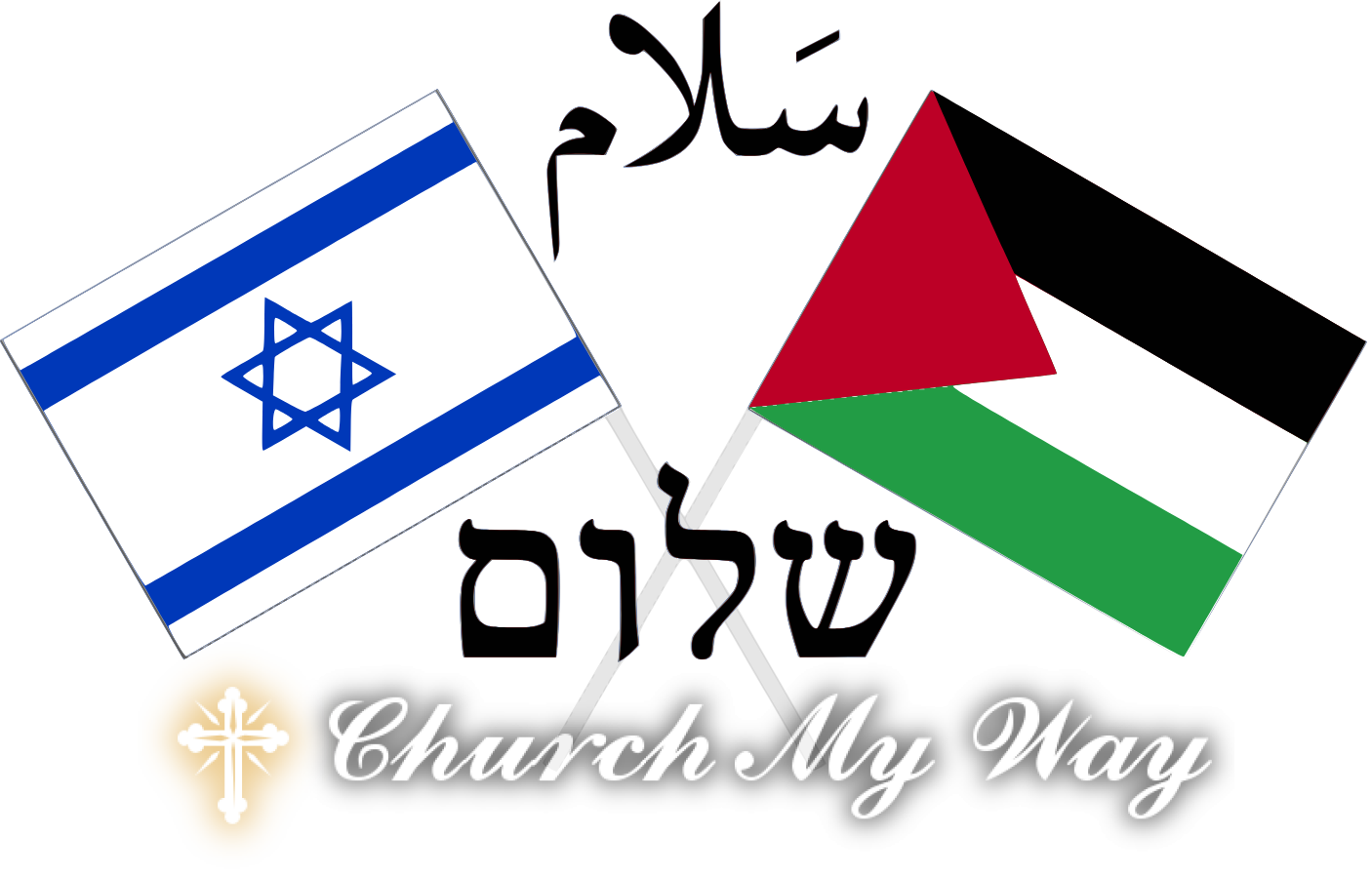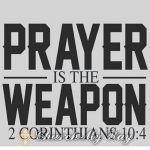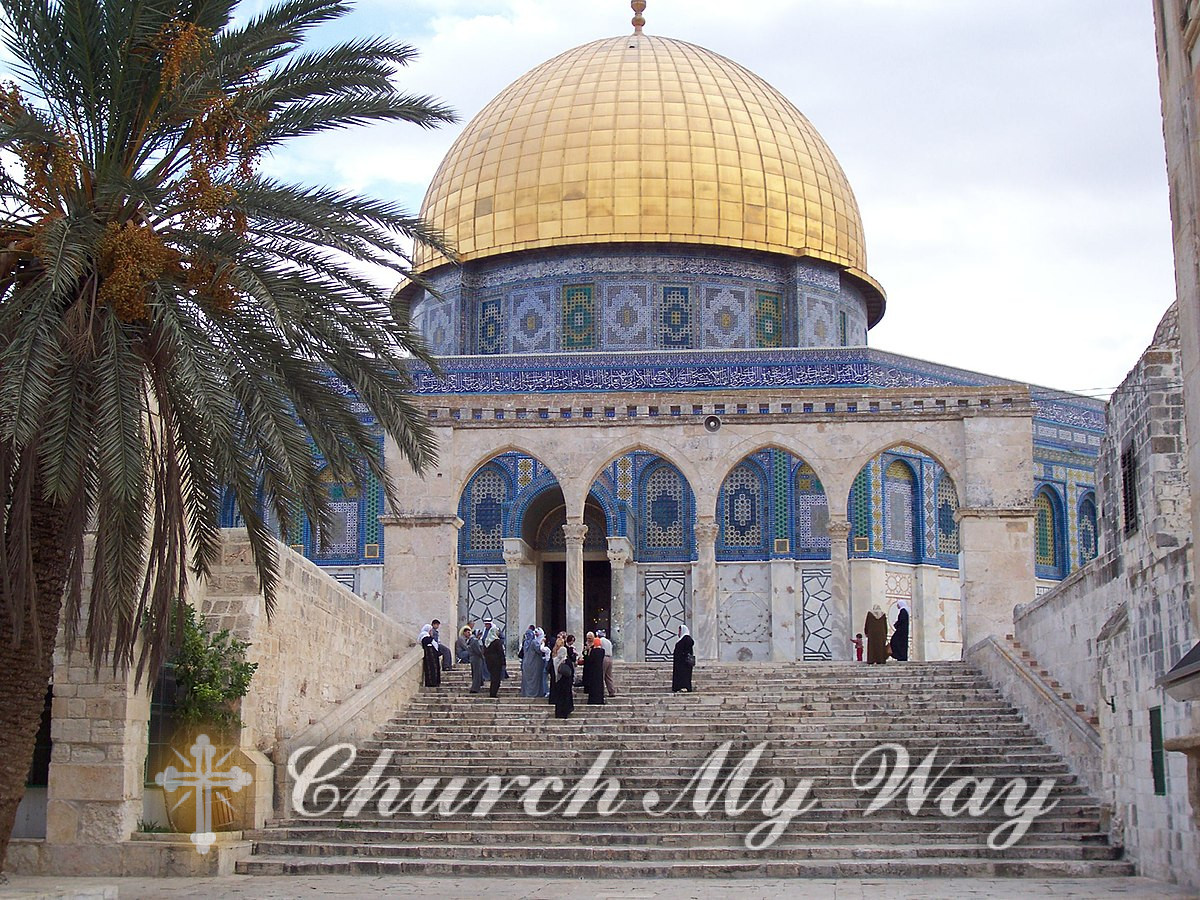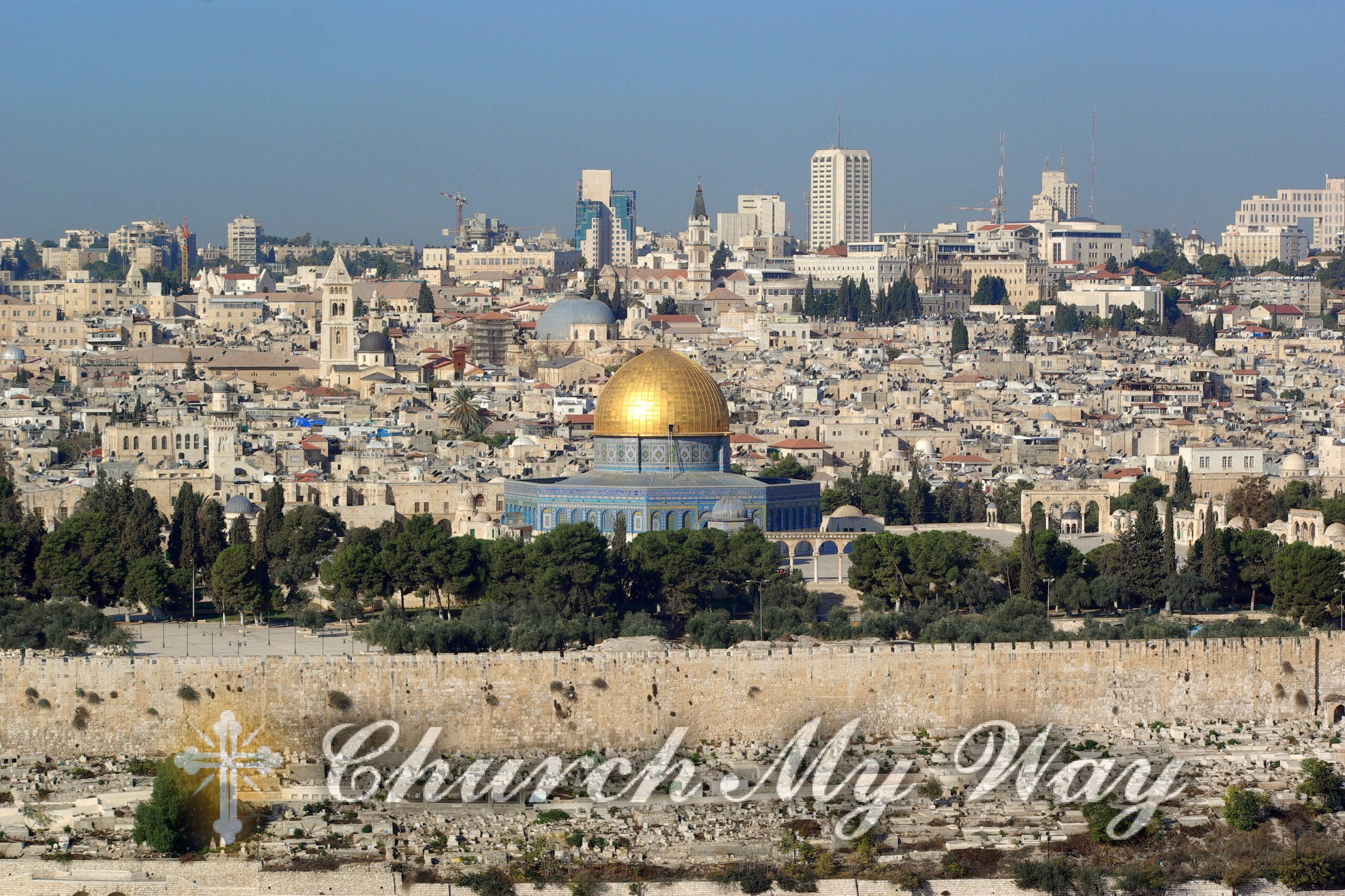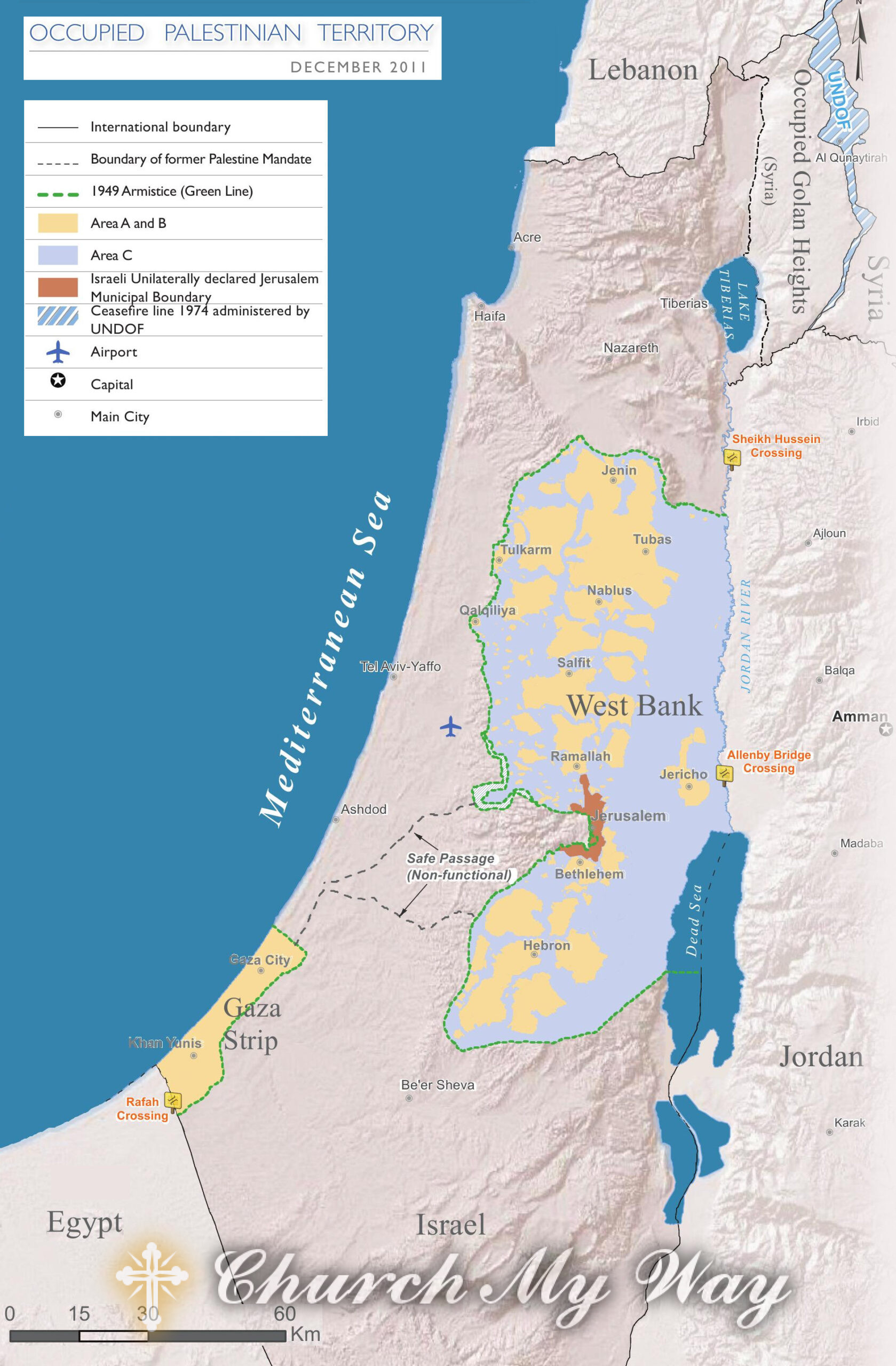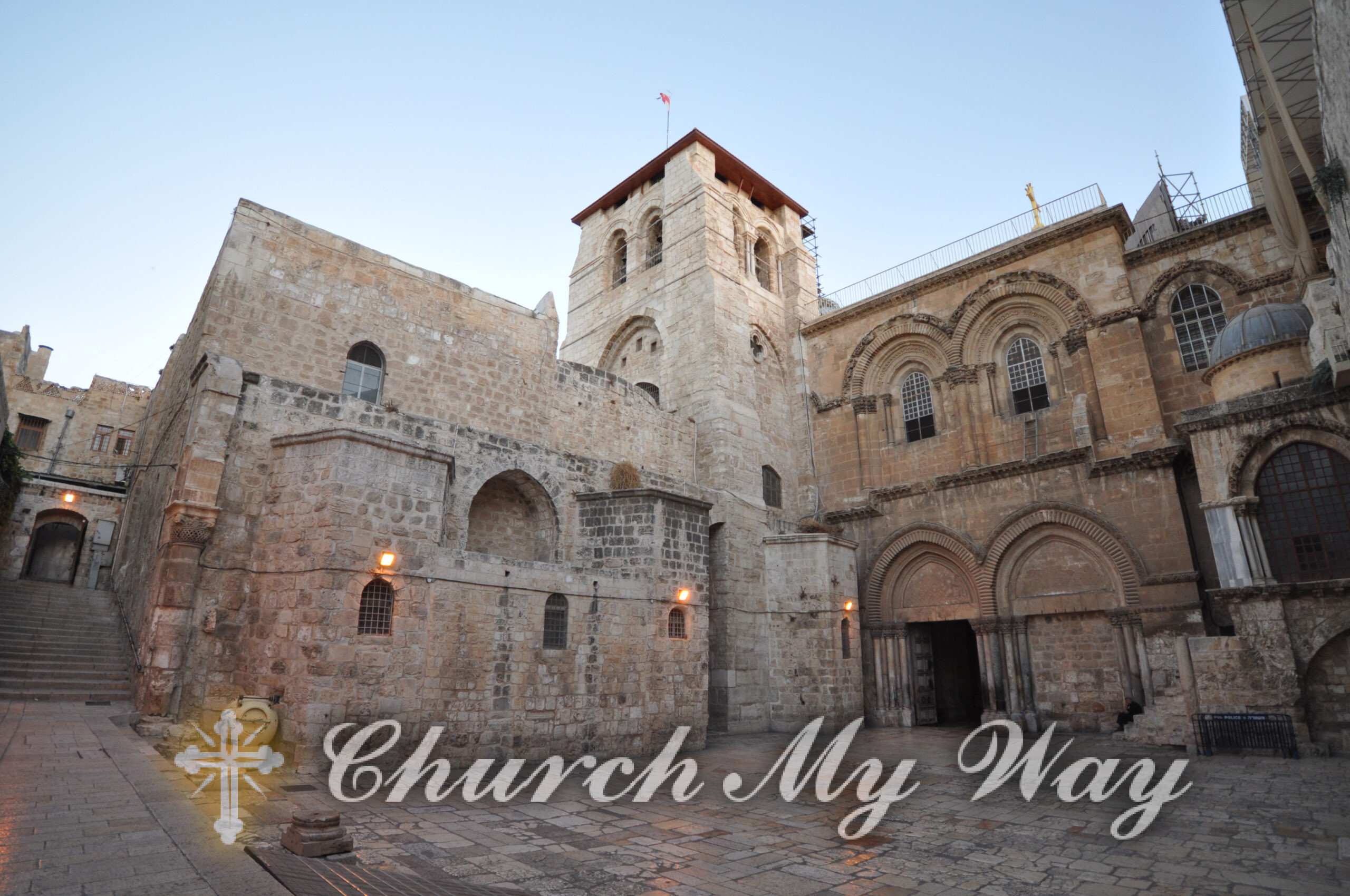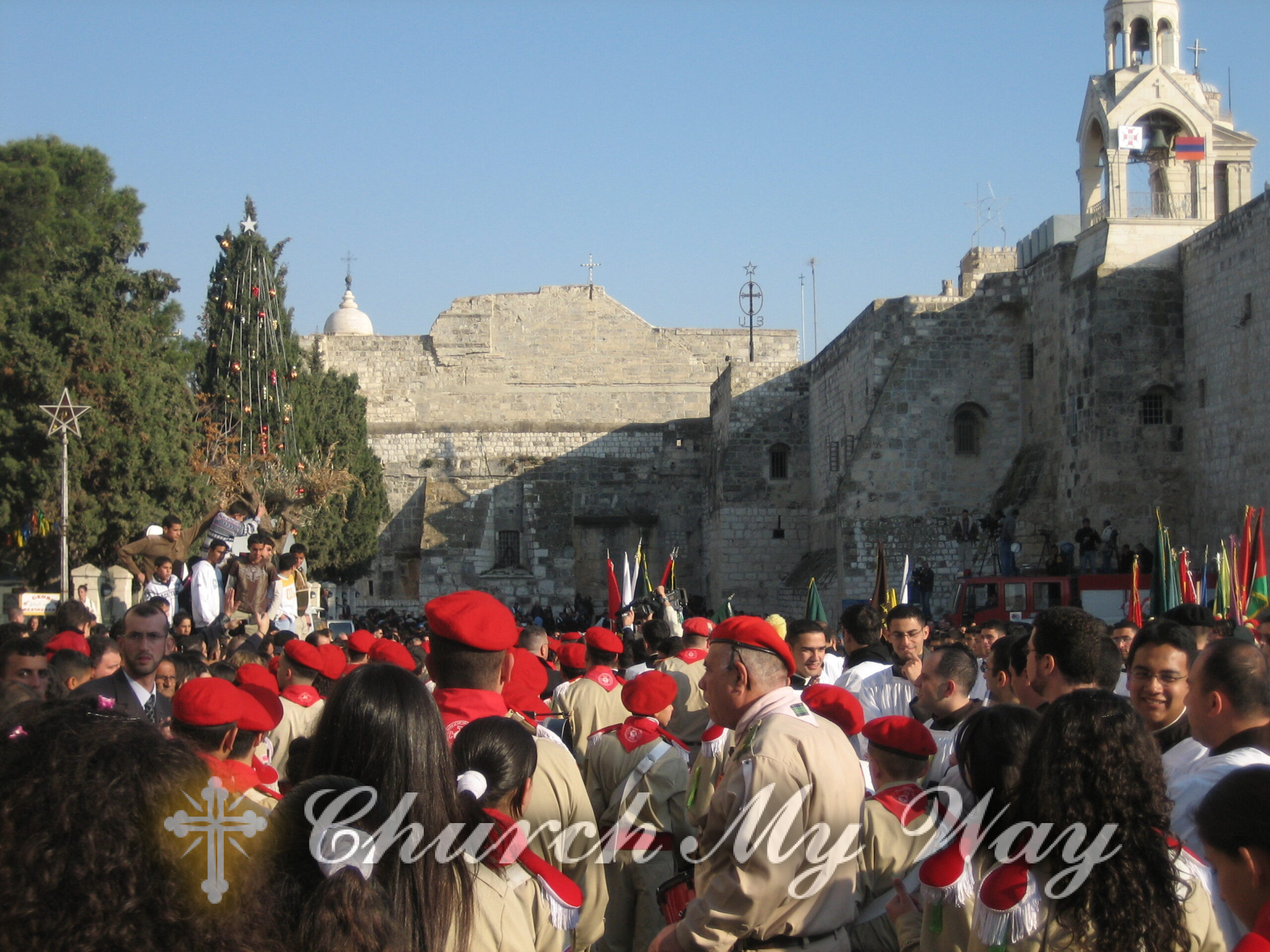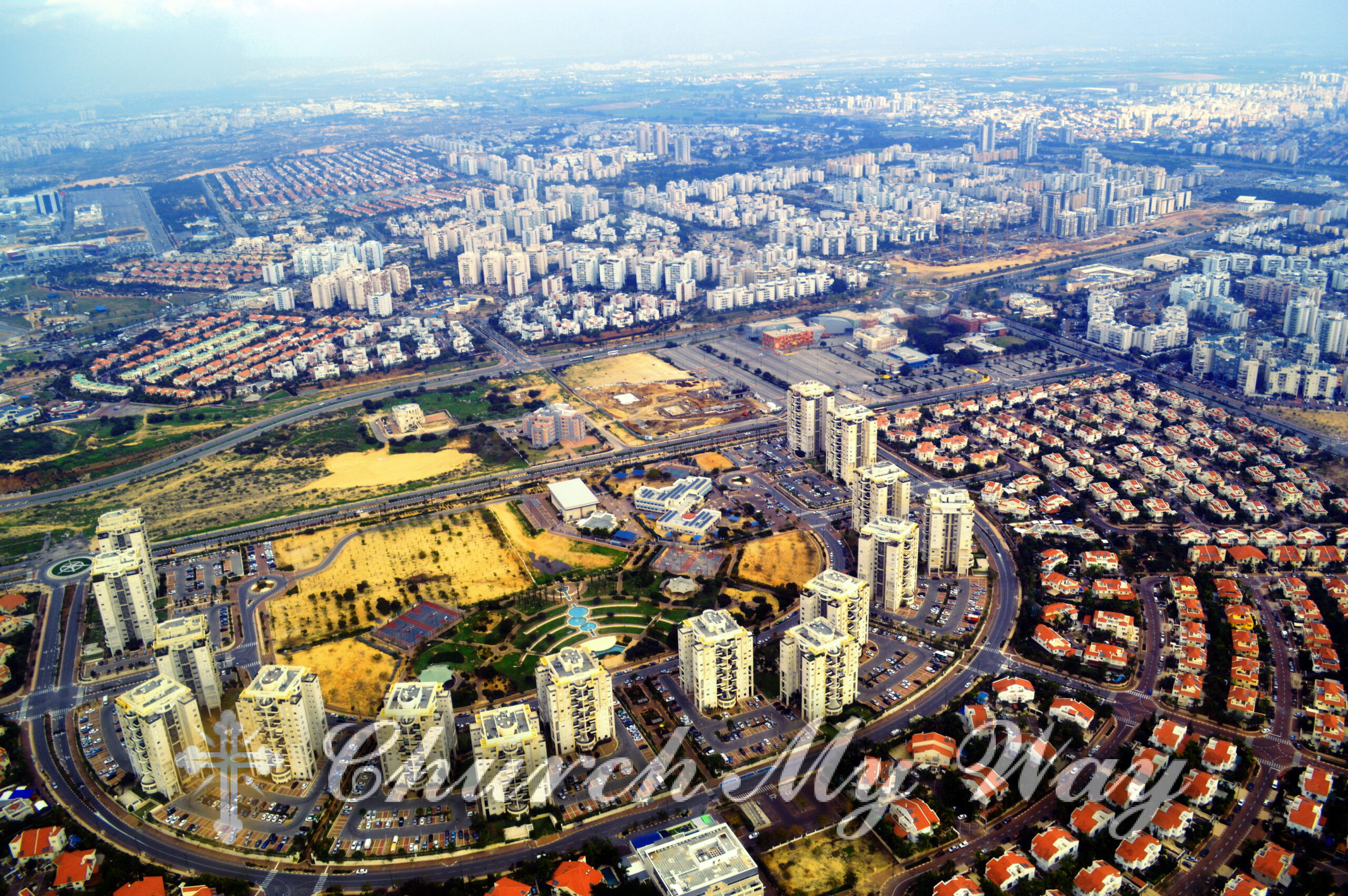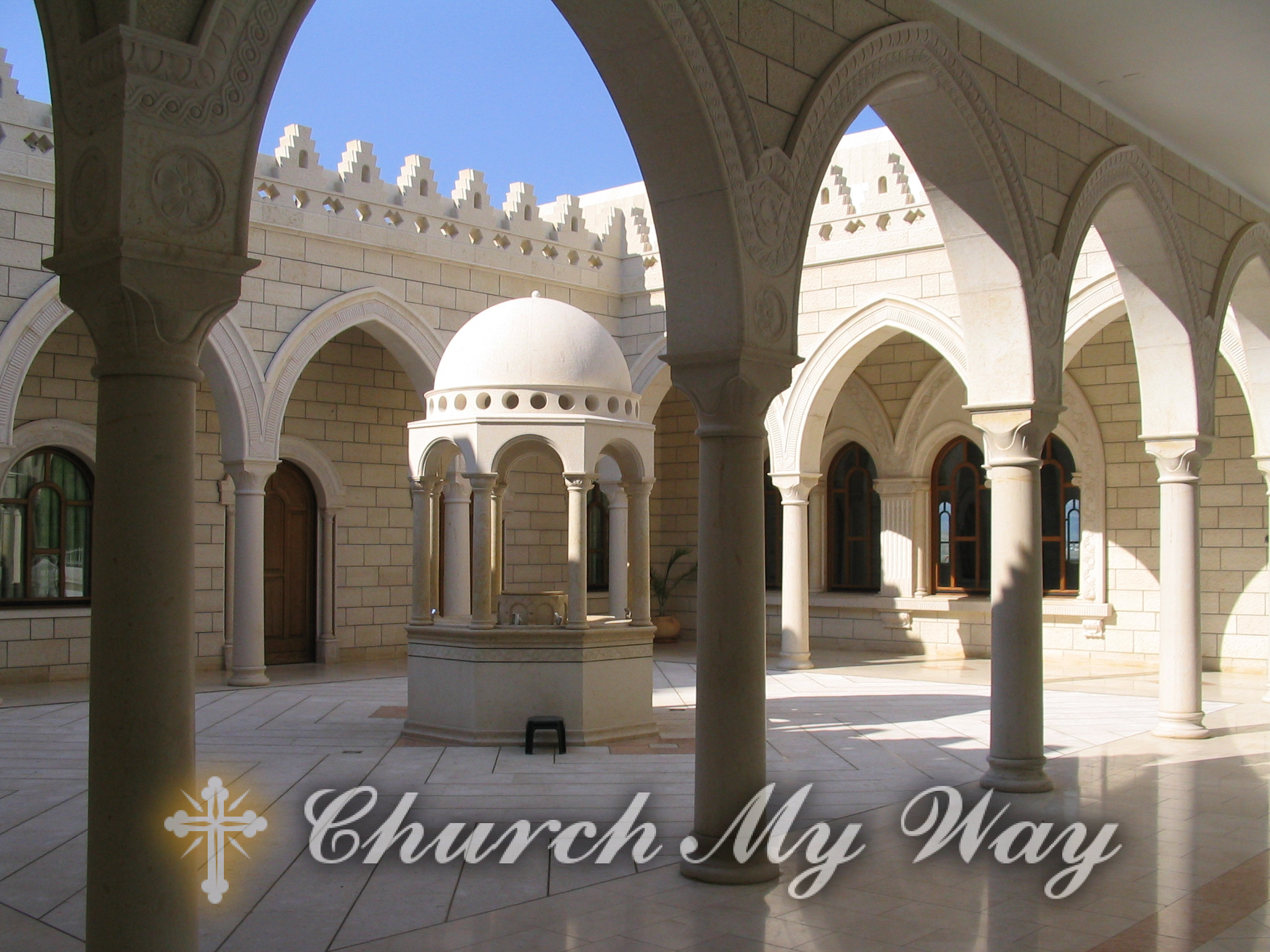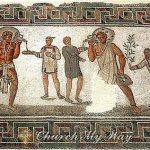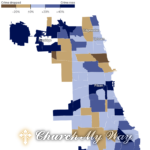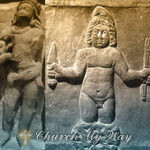Exploring the Role of Religion in Palestine and Israel: Faith and Identity Intertwined
Jerusalem’s ancient walls behold sites sacred to three faiths—Judaism, Christianity, and Islam. This holy city encapsulates the rich religious landscape of Israel and Palestine, where “religion in Israel” and “religion in Palestine” shape spiritual practices and sacred places that hold profound meaning. What role does religion play in identity and politics in this contested land? Can shared faith and history foster unity rather than division? Let’s explore with open minds.
Sacred Sites Strewn Across Holy Land
For adherents of Abrahamic faiths, the Holy Land contains some of the most sacred spaces on Earth. In Jerusalem, the Western Wall, the last remnant of the ancient Jewish Temple, draws worshippers to pray and connect with heritage. The Church of the Holy Sepulchre entombs the site of Jesus’ crucifixion and resurrection, beckoning Christian pilgrims. The Dome of the Rock and Al-Aqsa Mosque, where Muhammad ascended to heaven, represent the third holiest sites in Islam after Mecca and Medina.
Beyond Jerusalem, Jews find meaning in the tombs of biblical figures like Abraham and Rachel. Christians travel to Bethlehem, the birthplace of Jesus. Muslims revere Hebron’s Ibrahimi Mosque, the burial place of patriarchs Abraham, Isaac, and Jacob. These major religious centers attract millions of visitors annually. Having so many shared holy places concentrated in one small region creates constant intermingling between faiths—like one giant, chaotic family reunion! This diversity can inflame tensions, yet also breeds familiarity.
When Spirituality Collides With Politics
Mix holy sites + conquests + diverse peoples over millennia = the intricate politics of Israel-Palestine today. Issues around borders, resources, and control of East Jerusalem remain contentious flashpoints. Some Israelis see ancient biblical ties justifying Israel’s existence. Some Palestinians view Israel as an unjust colonial occupation. Nuance often gets lost amid polarized rhetoric and violence from extremists on both sides.
Yet looking deeper reveals complex identities. Many Israelis balance their Jewish faith with more secular lifestyles. Some Arab Christians and Muslims strongly identify as Palestinian. Pluralistic communities like Neve Shalom/Wahat al-Salam model coexistence. Exploring the diverse religious subcultures reveals shared humanity beneath the divisive politics.
Islam’s Central Role in Religion in Palestine
Islam and family are twin pillars of Palestinian society and identity. Approximately 86% of Palestinians are Sunni Muslims, while 6% are Christian. Mosques serve as religious and social hubs. Public life reflects Islamic values, architecture, and customs. For example, during Ramadan daylight hours are spent fasting, while evenings bring festive communal iftars. Eid al-Fitr marks the joyous end of Ramadan.
Many Palestinian women don modest hijabs, young girls often wear bows in their hair, and dresses feature ornate embroidery. Streets are filled with lights and decorations for holidays like Eid al-Adha. Features like arched windows and domed roofs reveal Islamic artistic influences. Through decades of turmoil, religion provides continuity. “One lives one’s identity through one’s religion,” says Suleiman, a Palestinian farmer.
The culture and schedule revolve around Islamic practices. For example, during the holy month of Ramadan, fasting is observed from dawn to dusk, iftars (evening meals) are shared communally, and businesses may operate at different hours. The Islamic calendar determines holidays, such as Eid al-Fitr and Eid al-Adha. In addition to religion, family is also central to Palestinian life.
“Religion in Palestine” shapes everything from food customs to architecture, to education. Many Palestinian women wear headscarves as a symbol of modesty. Streets are decorated during religious holidays. Features like domed roofs and arched doorways reveal Islamic artistic influences in architecture. Religion classes are standard in schools. While tensions exist, Christians and Muslims generally live together peacefully under a shared Palestinian identity.
Exploring the role of religion in Palestine provides insights into daily routines and cultural values. Recognizing these common bonds can build bridges of understanding between all people.
Judaism’s Central Role in Religion in Israel
While home to varied faiths, Judaism plays a central role in Israel. Jewish heritage sites like the Western Wall and tombs of biblical figures interweave with modern buildings. Shabbat, kosher laws, and holidays like Yom Kippur profoundly shape public life. On Passover, most businesses close for the Seder.
Yet beneath this unity lies diversity. In Tel Aviv, secular Jews joke the city never sleeps, unlike more observant Jerusalem. Other spiritual subcultures like mystic Hasidim have distinct lifestyles. Still, for most, faith and national identity are inextricable.
Israel is home to thriving Muslim, Christian, Druze, and other religious communities. However, Judaism plays a central role socially and politically. Most Jewish Israelis embrace Judaism to some degree as part of their national identity. Religious traditions help shape public life.
Many Jewish holy sites, like the Western Wall, dot the landscape. Shabbat, the sabbath extending from Friday evening through Saturday, is a day of rest. Kosher dietary restrictions are widely observed. Major Jewish holidays such as Rosh Hashanah, Yom Kippur, and Passover are national holidays. Religious authorities handle marriage, divorce, and other life cycle events for the Jewish population.
Yet Israel is also home to more secular Jewish populations, especially in cities like Tel Aviv. Other faiths like Islam and Christianity have followers as well. So while “religion in Israel” is predominantly Jewish, it’s also quite varied. Respectful recognition of this diversity of beliefs and practices is important.
Learning about “religion in Israel” lends insight into history, culture, and values. There is complexity both within Judaism and among those of other faith backgrounds. Exploring this richness can build bridges of mutual understanding in the region.
Historical Flashpoints Still Echo
Today’s tensions have centuries-old roots. In the 12th century, Muslim leader Saladin defeated European Crusaders to regain control of Jerusalem and other holy sites. Under Saladin’s rule of tolerance, Jews were invited to return to the city after being barred under the Christian kingdom.
Yet relations shifted as Ottoman Turks claimed power in 1517. Despite continued Jewish immigration to the region, Arabs increasingly viewed it as a threat.
Later, amid World War II and the Holocaust, Jewish militias fought for Israeli statehood, displacing 700,000 Palestinians in what Arabs call the “Nakba” or catastrophe. Subsequent regional wars expanded Israeli control, creating ongoing Palestinian refugee crises.
Despite peace efforts, violent outbreaks persist, stoked by issues like settlements, holy site access, Palestinian statehood, and dueling historical narratives. Mutual understanding is key to progress.
Centuries of conquests and religious fervor underpin the complex dynamics between Muslims and Jews in Israel-Palestine today. Tracing key events provides perspective.
Zionism emerged in the late 19th century seeking to establish a Jewish homeland in Palestine. The 1917 Balfour Declaration of British support ignited Arab protests. In the 1920s, Jewish immigration expanded rapidly sparking violent Arab riots over fears of displacement. Radicalization on both sides led to attacks on civilians.
Against the backdrop of World War II and the Holocaust, Jewish militias fought for statehood in the late 1940s. Following Israel’s declaration of independence in 1948, armies from neighboring Arab states invaded, beginning the first Arab-Israeli war. Hundreds of thousands of Palestinians fled or were expelled in the turmoil, becoming refugees.
Later Arab-Israeli wars in 1956, 1967, and 1973 resulted in Israel capturing more territory, including East Jerusalem and the West Bank. Palestinian groups launched attacks seeking to reclaim lost lands. Peace efforts like the 1993 Oslo Accords briefly raised hopes but failed to achieve lasting reconciliation or Palestinian statehood.
Recent decades see resurfacing tensions over issues like settlements, access to holy sites, water rights, border security, and control of Jerusalem. Violent outbreaks occasionally erupt, such as the Second Intifada in the early 2000s. Extremism and uncompromising positions on both sides hamper progress.
This turbulent history underscores how politics and religion intertwine in the region’s identity. Sacred turf like the Temple Mount/Haram al-Sharif crystallizes the clashing dreams of sovereignty. While distrust runs deep, hope persists that understanding the past can pave the way for coexistence. For lasting peace, compromise, and cooperation represent the only viable path forward.
Gleams of Hope for Unity
Yet glimmers of hope peek through the darkness of history. Groups like Kids4Peace foster life-long friendships between Israeli and Palestinian youths at summer camps. Interfaith workers replant uprooted olive groves together. Organizations monitor human rights violations against all people.
“We focus on the future we want to create, not what we fear,” says Mohammed, a Palestinian student. These tireless efforts for justice and equality further the true divine calling of religion.
Conclusion
Religion plays a complex role in Israel-Palestine’s past and present. Sacred sites like the Western Wall crystallize national longings and identity. Yet religious rituals also reveal our shared humanity. Can carefully tending this common ground allow faith to blossom into a unifying force?
Perhaps peace lies in recognizing equal dignity and self-determination for all who call this holy land home. With open minds, empathy, and hope, a just future may still be possible.
FAQs
- What is the role of religion in Palestine?
Religion, predominantly Islam, plays a central role in Palestinian society and culture. Approximately 86% of Palestinians are Sunni Muslims. Daily life reflects Islamic values, architecture, customs, and holidays. Religion provides continuity through decades of political turmoil.
- What is the role of religion in Israel?
While home to varied faiths, Judaism plays a key role in Israel. Jewish heritage sites, Shabbat, kosher laws, and holidays like Yom Kippur shape public life. Religion and national identity are deeply intertwined for most Israelis.
- How are holy sites shared between different religions?
Major holy sites like the Western Wall, Church of the Holy Sepulchre, and Haram al-Sharif compound are shared between Jews, Christians, and Muslims. These sacred places attract millions of annual pilgrims. Having so many overlapping holy sites creates both interfaith mingling and tensions.
- What historical events contributed to today’s conflicts?
Key historical events like Jewish immigration in the 19th-20th century, the 1917 Balfour Declaration, the 1948 Arab-Israeli war, and the 1967 Six-Day War led to displacement and lasting tensions between Israelis and Palestinians. Mutually understanding this contested history is vital.
- Are there examples of interfaith cooperation?
Yes, many organizations foster interfaith ties through youth camps, replanting uprooted olive groves, and monitoring human rights violations. These efforts toward equality and justice represent the unifying divine call of religion.
- Could religion help bring about peace in the future?
Perhaps. Recognizing the shared humanity revealed in religious rituals, and carefully tending common sacred ground, may allow faith to transform into a unifying force. With open minds and empathy, religion could play a constructive role in reaching a just peace.
References: Israeli–Palestinian conflict
